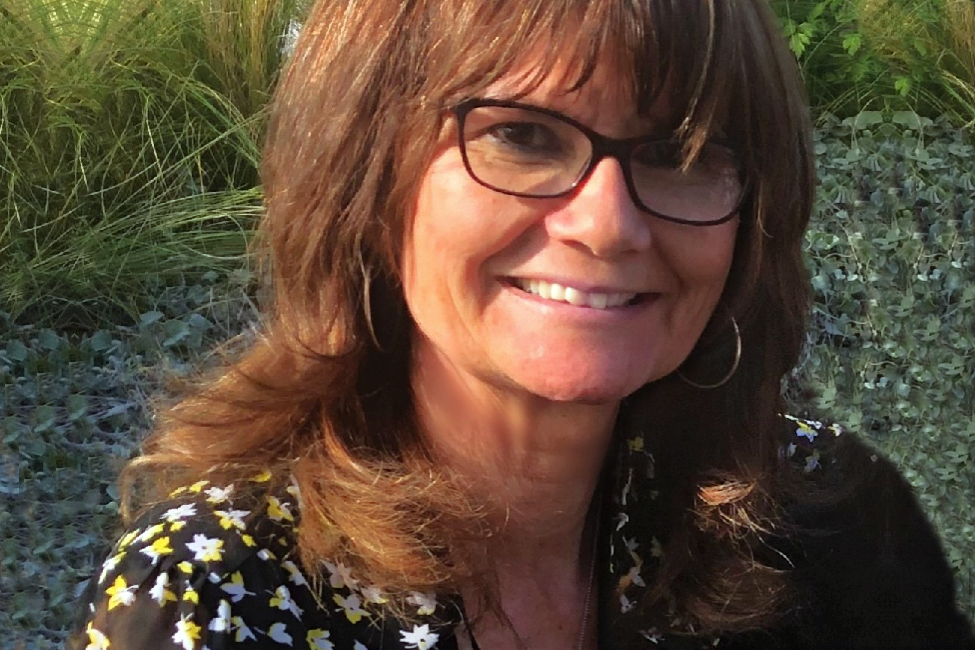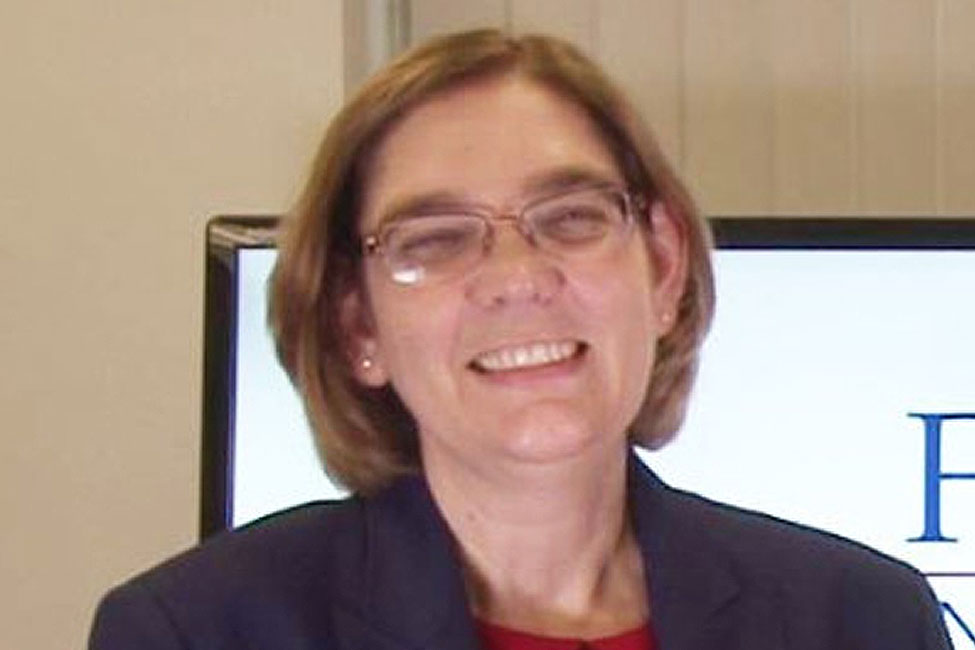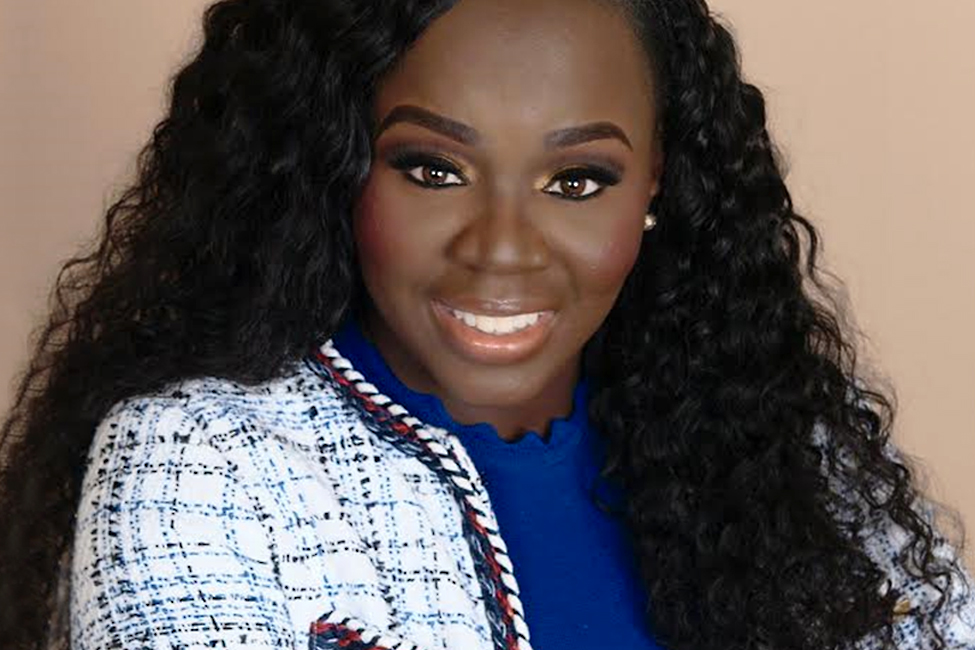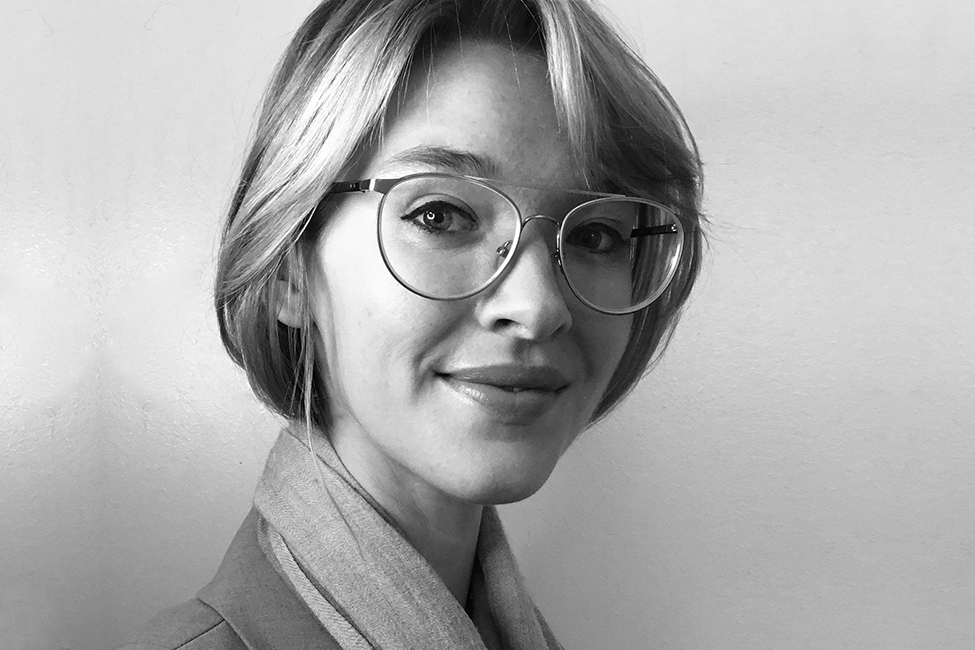Dr. Mónica Rosselli
Friday, Sep 01, 2023
Dr. Monica Rosselli, Professor and Associate Chair of FAU’s Department of Psychology, has been part of the Florida Atlantic University faculty for 27 years. Her research initiatives may have changed year over year, but one thing is for certain, Dr. Rosselli continues to change the way we look at cognitive behaviors and is pushing her research to greater heights with the help of her eclectic team of investigators, researchers, and students.
She started out as an assistant professor at what used to be called the College of Liberal Arts, here at the Florida Atlantic Davie Campus. It was a place that she felt confident would bring her research new opportunities for growth. And it did. The FAU Neuropsychology Lab flourished with students and researchers alike measuring electrical activity of the brain, studying essential data and providing insight on the behavior and cognitive functionality of the brain.
As her lab grew, so did her interest in studying the effect of aging on the brain and the variables that influence the onset of dementia – specifically, the importance of culture and language practice. Her goal is to find out if the part of your brain that is used when speaking more than one language is protected – so to speak - from cognitive decline associated with Alzheimer’s and dementia.
Dr. Rosselli oversees a team of undergraduate and graduate students at FAU’s Neuropsychology Lab on FAU’s Davie campus. One of their current NIH-funded five-year study uses in-vehicle sensors to detect cognitive change in older drivers. The sensor systems include things like cameras, on board diagnostics, GPS systems and motion and orientation detection. They will also have vision sensors that detect driver awareness, and behavior. Then, researchers can track how many miles were driven during the day and night, abnormal driving habits (like getting lost, losing focus, and near-collision events), reaction time when stopping and braking patterns. This data will be recorded and then compared with results from their initial cognitive assessments.
The idea is that there are cognitive changes as you age that are related to your ability to drive, such as reaction time when checking and changing lanes, merging, making left turns, signaling to park or following routes. This study will shed light on whether the cognitive tests have the ability to predict driving patterns.
"My students and I are responsible for conducting neurocognitive assessments every three months. These neuropsychological tests give us a clinical assessment of normal aging or subtle cognitive impairment decline at baseline and the possibility to analyze if changes over time in memory, attention and concentration tests as well as inhibitory control tests correlate with driving modifications.," Dr. Rosselli said.
The study is a coordinated team effort of investigators and students and gives undergraduate and graduate students the opportunity to develop assessment skills in a very hands-on way. From conducting the tests to documenting the data, each step is calculated and mentored.
"This is a fantastic opportunity for these students to propel their careers forward. I’m so proud of their work and enjoy watching them grow in the research field," Dr. Rosselli said.
Dr. Rosselli plans to take her research to the next level in the coming months. Between the investigators from nursing and engineering as well as the college of science, there is a ton of data being collected. Now, they are working together to combine the information and conduct a preliminary analysis of the data so they can compare changes and trends. She’s also focusing on how to recruit participants – as many and as diverse as possible – while retaining all participants.
But she also has plans for travel. When she’s not in the lab, Dr. Rosselli likes to study the Italian language. She hopes to travel through Italy, practicing the language and enjoying the sights. She also enjoys dancing! She actually took a few dance classes and can tango, salsa, cumbia and more. Of course, with her charismatic personality, it’s no surprise that she is fun and outgoing. She considers herself a "glass half full" optimist and when asked what superpower she would pick, her answer was "to make people smile every day."
The future is certainly bright for Dr. Rosselli and her team. There’s so much more to explore in her neuropsychology lab. Adding tests tailored for gender, race and ethnicity will add more layers to her study and provide even more extensive data.
"I love my work. I feel so fortunate to have the group of students I have. We work so well together, and we are making a difference every day in academia and science," Dr. Rosselli said. "Besides, how wonderful is it to love what you do so much that it never feels like work?"


